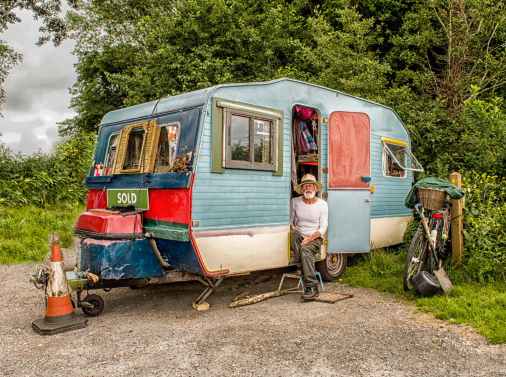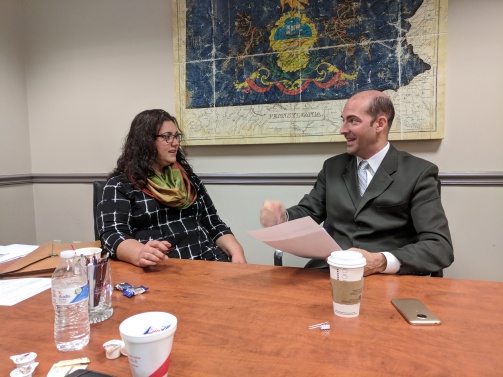
First time homeowners are sometimes surprised at what they can really afford.
Doing your “homework” and getting expert advice before buying a home is a very wise thing to do ! I am impressed! I am an experienced Realtor who finds great pleasure in educating and helping all home buyers.
First of all let me say that the mortgage industry and the housing market have changed so significantly in the last ten years that even homeowners who bought a home 10 years ago feel like first time home buyers again. This is a general tutorial that should be a help to all.

Work on your nest eggs before getting started
- Save your money – expect to need significant money in savings or in the checking account or under your mattress (which isn’t recommended). How much you will need depends on down payment for mortgage program you choose (3% of purchase price minimum) plus closing costs (depending on the state and the amount of taxes), Homeowner’s insurance, appraisal fee ($450+) and the cost for inspections. Also, if you are getting a home that is inexpensive but needs work you need to have money to invest in your new home and buy some furniture, stock your pantry, put in fuel in the oil tank….you get the picture.
- To qualify for a mortgage you need to have good credit. Your credit score needs to be 660 or better. Check your credit occasionally but not too often. It is very important to prove through your credit report details that you are a responsible borrower. If too many accounts have gone to collections or are more than a month late, mortgage companies will not want to take a risk on you. Borrowing money and not keeping your promise to repay is a matter of character. Some times there are circumstances beyond your control that cause a bill to be unpaid. Communicate immediately with the creditor to explain and find a resolution. Don’t just ignore. If you are renting, Landlords who haven’t been paid can file against your credit so make peace as soon as possible and pay up.
- Debt to income ratio counts. Even if you have money saved for closing costs and have kept your credit score in the good range, if you owe for large monthly debts that amount to more than 40% of your income, you will not qualify. So now, before you begin the process, pay off as many of your debts as you can. Credit card balances, car loans, school loans, etc are some of the main debt sources for pre-homeowners.
- If you have been living on a all cash basis, paying for everything with cash, you may be thinking that is a great testimonial. But zero credit score is the same as a bad credit score for you don’t have anything to prove your ability to repay a loan. It is a good idea to have at least one credit card, buy some things with it every month and always pay it off in full at the end of the month. This will establish a healthy pattern and a great credit score.
- Know the neighborhood where you want to live and don’t spend more on a house than you feel comfortable with, even if you qualify for more.
- Take first time home buyer classes. They are invaluable for arming you with the confidence you will need to proceed. Many mortgage companies like PNC mortgage have a program they require of first time home buyers and local programs like Housing Partnership offer a great class with closing cost grants as assistance they offer for graduates.
- Find a local loan officer who knows all of the programs available through the County, the company, the State, and the Federal government for low income or first time home buyers. I strongly advise getting recommendations from your Realtor. Realtors have experiences with Mortgage Brokers and can tell you some of the problems that have come up from using the wrong programs.
- Before making an offer on any home or condo or town home, get the average cost of utilities from the current homeowner. Consider your budget for living within your means after moving in. Your loan officer can produce a good faith estimate for your loan and closing costs but a Realtor can usually get the utility costs and daily living expenses for you so you can plan. Remember the condo fees, or homeowner association fees that are often attached to a home in a community. Even a mobile home in a park has a large lot rental fee that you have to be qualified and approved for before you can buy the home from the owner.
- Just a couple pieces of advice that comes from my 20 years experiences of selling real estate….

Use a local loan officer who will go to the settlement table with you.
- 1. Don’t use a mortgage company out of the area or from the internet. It is very easy to just sign in online and impersonally have a loan company run your numbers. But please, find someone local who will answer your calls, don’t require an 800#, and will go with you to the settlement table. Local Realtors, loan officers, and title agents have to work very closely together with the current changes to the Fed laws. It can be a problem if someone out of the area isn’t familiar with local costs and can’t be there for you.

Best not to buy a foreclosure for your first home
- 2. Don’t buy a foreclosure for your first home. It is so tempting, those low prices and all. It will seem like the house isn’t that bad, all it needs is some paint and hammer and nails. But when you pay for utilities to be turned on and have a home inspection, deeper problems may be discovered. At this point, you can get out of the contract but the costs for the inspection and the loss of time cannot be recouped. My advice is to buy a home from a homeowner who can disclose the history of the home, pay their share of the taxes and make some financial contribution for repairs that need to be made. If you qualify for new construction, that might be an option too although it may be better to start with a resale unit in the new construction community.
- 3. Do use a buyer’s agent who gives you top notch service and advice from start to finish. This is SO important. Your Realtor will go with you to inspections, communicate with the loan officer and title agent regularly and help coordinate the timeline right up until the settlement day is complete and often beyond.
- Ask for my First Time Home buying Adventure and when you have done all your homework, let the adventure begin. It is a path that every successful buyer has had to travel.